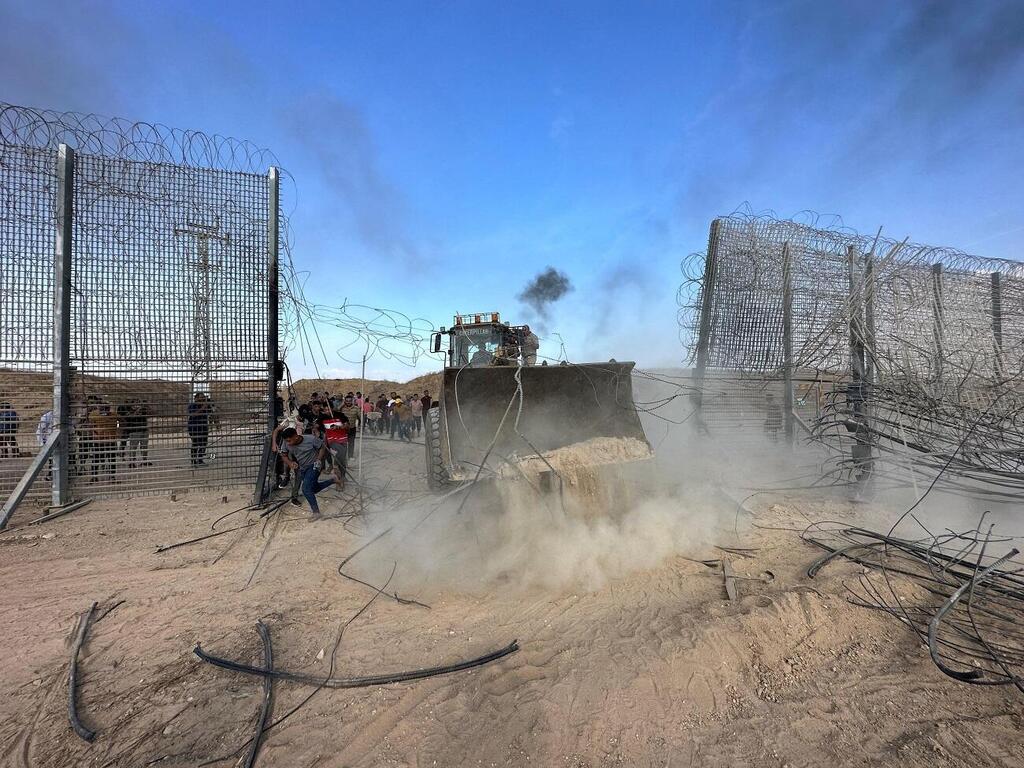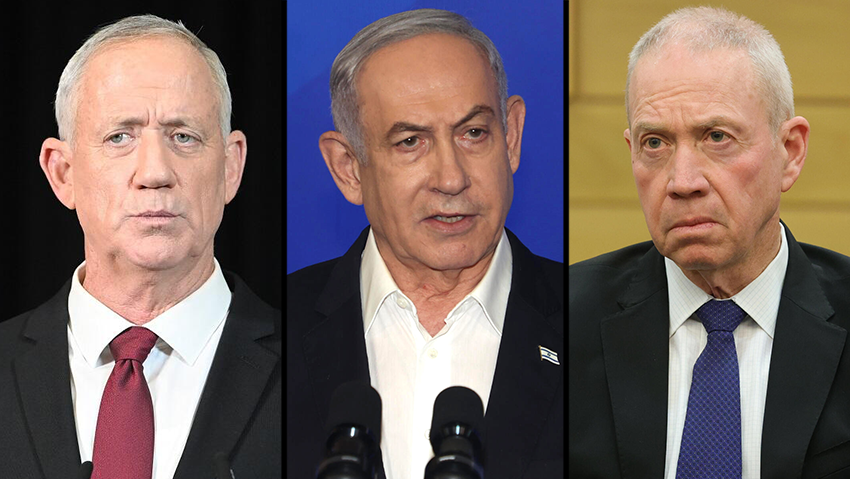Getting your Trinity Audio player ready...
After functioning for more than six months following the October 7 Hamas invasion of southern Israel, the Israeli war cabinet has recently exhibited very vocal disagreements between its key members about the desired outcome of this war to end the existential threat that Gaza poses to the security and very survival of the State of Israel.
Defense Minister Yoav Gallant has made it clear that he does not favor a “military regime” to govern Gaza in the long run, citing the risks of having Israeli soldiers govern the daily affairs of Gazans. Prime Minister Netanyahu has insisted that he will not replace Hamas with the Palestinian Authority. Minister Benny Gantz has publicly called, among other things, for normalizing ties with Saudi Arabia and for the post-war arrangement to lay the foundations for a wider Israeli-Sunni cooperation.
While internal discord during a time of war is never a good thing, least of all for the morale of the soldiers who are fighting at the front and are desperate to see a government united in commitment to victory and to meeting of the war’s objectives, the truth is that Israel is as unified as ever on the core, guiding principles of what it will take to end this conflict and permanently neutralize the threat from Gaza.
Although disagreements have risen among Israeli government officials about the specific arrangement that is desired in Gaza once the IDF completes its objectives, it is clear that there is a consensus across the Israeli political arena that Gaza must permanently remain under Israeli security and foreign policy control. The devil may be in the details, but that does not take away from the unity of purpose and moral clarity exhibited by an overwhelming majority of the Israeli public as well as the Israeli government.
In 2023, the Israel Defense and Security Forum published a paper in which we identified over 60 special territories that are governed as dependencies or areas of special sovereignty. The unique diplomatic arrangements that apply to each such territory reflect the aim of the sovereign country to safeguard its own interests through a form of limited control over the foreign affairs, security, and immigration policy of the subordinate territory while allowing for a high measure of freedom in the governance of internal economic, cultural, and civil affairs. These special arrangements exist with the full consent of the international community and are completely within the scope of international law.
Each such special territory has certain characteristics of a separate country while other characteristics of a part of the sovereign country. To give one example, Curacao, a sovereign territory of the Netherlands, has its own currency but its citizens carry Dutch passports (although they are not allowed to legally reside in the European Netherlands or anywhere else in the EU). On the other hand, in American Samoa, the currency is the US Dollar but residents of that territory carry a different passport of “US National” rather than US citizen.
That there are disagreements among Israeli decision-makers about exactly which powers to keep for the government of Israel and which powers can be ceded to a local Gazan government in the “day after” arrangement should not come as a surprise. These are normal policy differences that exist in a democracy and do not change the overall picture – that Israelis of all political stripes and persuasions believe that, one way or another, Gaza must remain a sovereign or subordinate territory of the State of Israel. For far too long, mainstream Israel has been accused by the international community of opposing a Palestinian state while not proposing an alternative. The truth is, though, that Israel has been very clear about the voicing the overall contours of what it wants to see. The time has come for the world to simply listen.
Elie Kirshenbaum is a private lawyer in New York and Israel and is a member of the IDSF Research Division. His research focuses on comparative law, international law, and geopolitics.




